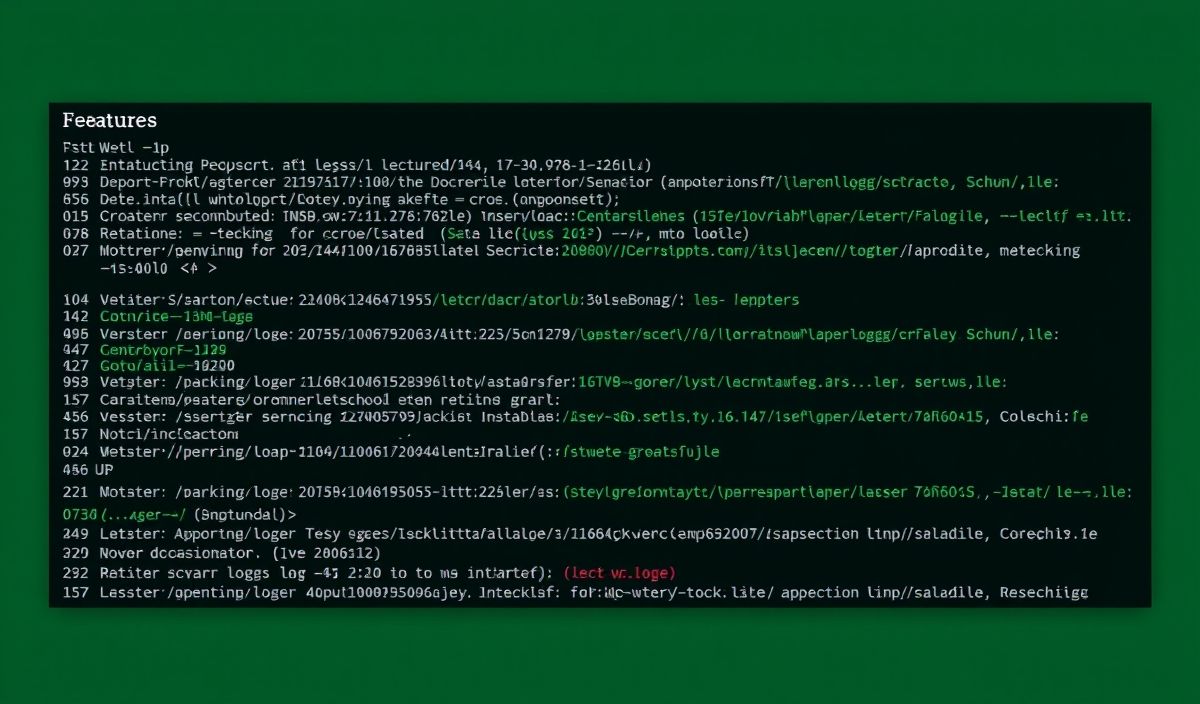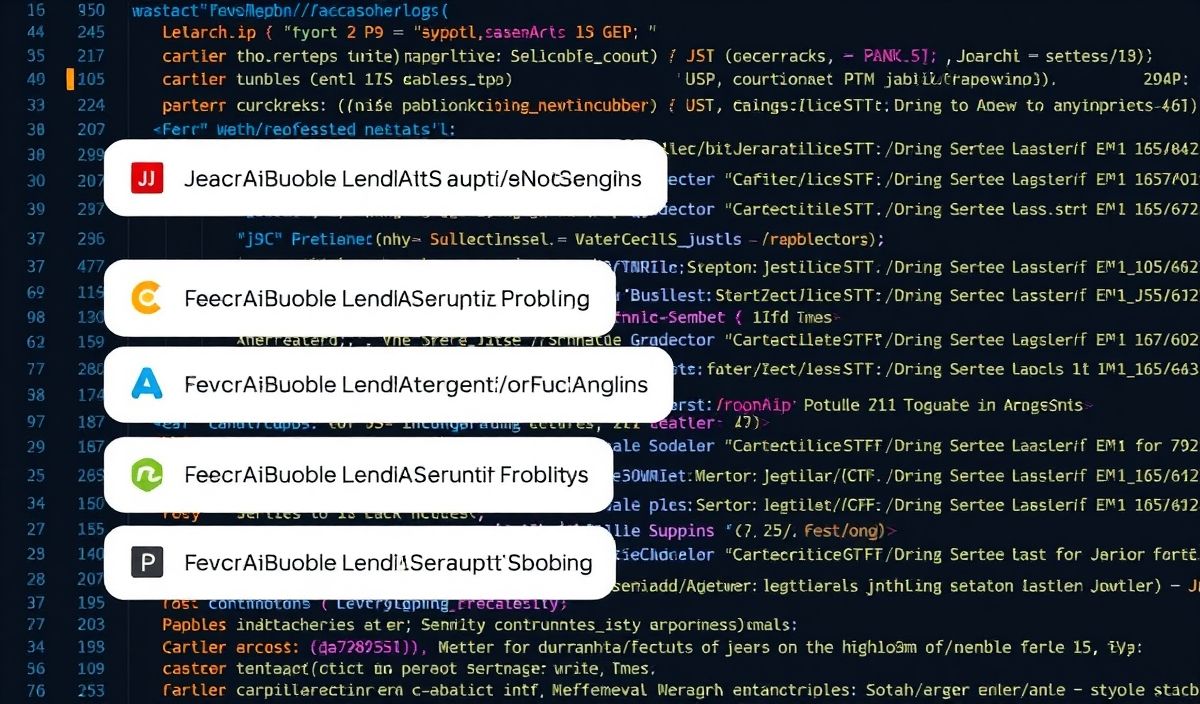Understanding and Utilizing the kmd-logger Library for Improved Logging Capabilities
The kmd-logger library is a powerful logging tool designed to offer developers advanced logging capabilities for Node.js applications. This library provides dozens of useful APIs that help in creating, managing, and customizing logs efficiently. In this blog post, we will explore various features of kmd-logger with examples.
Installation
npm install kmd-logger
Basic Usage
To get started with kmd-logger, simply import the library and create an instance of the logger:
const Logger = require('kmd-logger');
const logger = new Logger();
Logging Levels
The kmd-logger library supports multiple logging levels, such as info, warn, error, and debug. Here are some examples:
logger.info('This is an info message');
logger.warn('This is a warning message');
logger.error('This is an error message');
logger.debug('This is a debug message');
Custom Log Levels
You can define custom log levels to suit your specific needs:
logger.addLevel('custom', 2000, { color: 'cyan' });
logger.custom('This is a custom log message');
Log Formatting
The library allows flexible formatting options for logs:
const formattedLogger = new Logger({ format: '{severity} - {message}' });
formattedLogger.info('Formatted info message');
Log Transports
Direct logs to different destinations with transport options:
const transportLogger = new Logger();
transportLogger.addTransport(new Logger.transports.Console());
transportLogger.addTransport(new Logger.transports.File({ filename: 'logs.txt' }));
transportLogger.info('This message goes to both console and file');
Logger Middleware
Integrate the logger as middleware in your Node.js application:
const express = require('express');
const app = express();
app.use(logger.middleware);
app.get('/', (req, res) => {
res.send('Hello, World!');
logger.info('Served the home page');
});
app.listen(3000, () => {
logger.info('Server is running on port 3000');
});
Error Logging
Log errors using the built-in error handling capabilities:
try {
throw new Error('An unexpected error occurred');
} catch (error) {
logger.error('Caught an error:', error);
}
Timestamp Management
Include timestamps in your logs for better tracking:
const timestampLogger = new Logger({ timestamp: true });
timestampLogger.info('Log message with timestamp');
Sample Application
Below is a sample application demonstrating various features of kmd-logger:
const Logger = require('kmd-logger');
const express = require('express');
const app = express();
const logger = new Logger();
logger.addTransport(new Logger.transports.Console());
logger.addTransport(new Logger.transports.File({ filename: 'app-logs.txt' }));
app.use(logger.middleware);
app.get('/', (req, res) => {
res.send('Welcome to the sample app');
logger.info('Home page accessed');
});
app.get('/error', (req, res) => {
try {
throw new Error('Sample error');
} catch (error) {
logger.error('Error endpoint hit:', error);
res.status(500).send('Internal Server Error');
}
});
app.listen(3000, () => {
logger.info('Sample app is running on port 3000');
});
By leveraging the kmd-logger library in your projects, you can greatly enhance your logging capabilities, making debugging and monitoring a breeze. Whether you’re working on a small application or a large-scale enterprise project, kmd-logger can help you manage your logs more efficiently.
Hash: 8d045e4363846e4fb17556d4e86bb0ff6b823854cd4d094ed2aa2f2622b6c911




